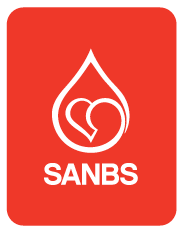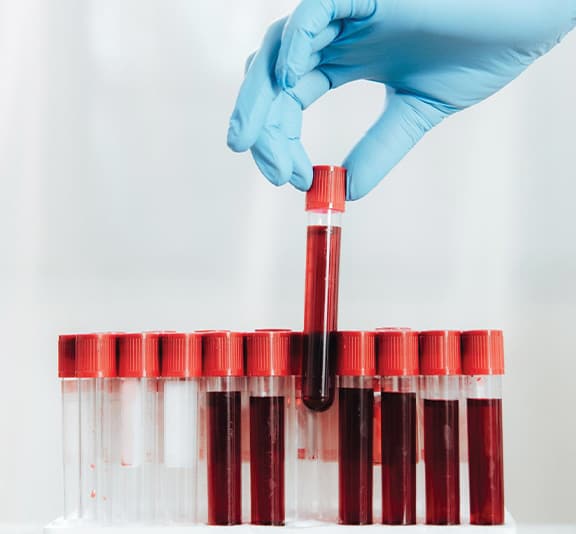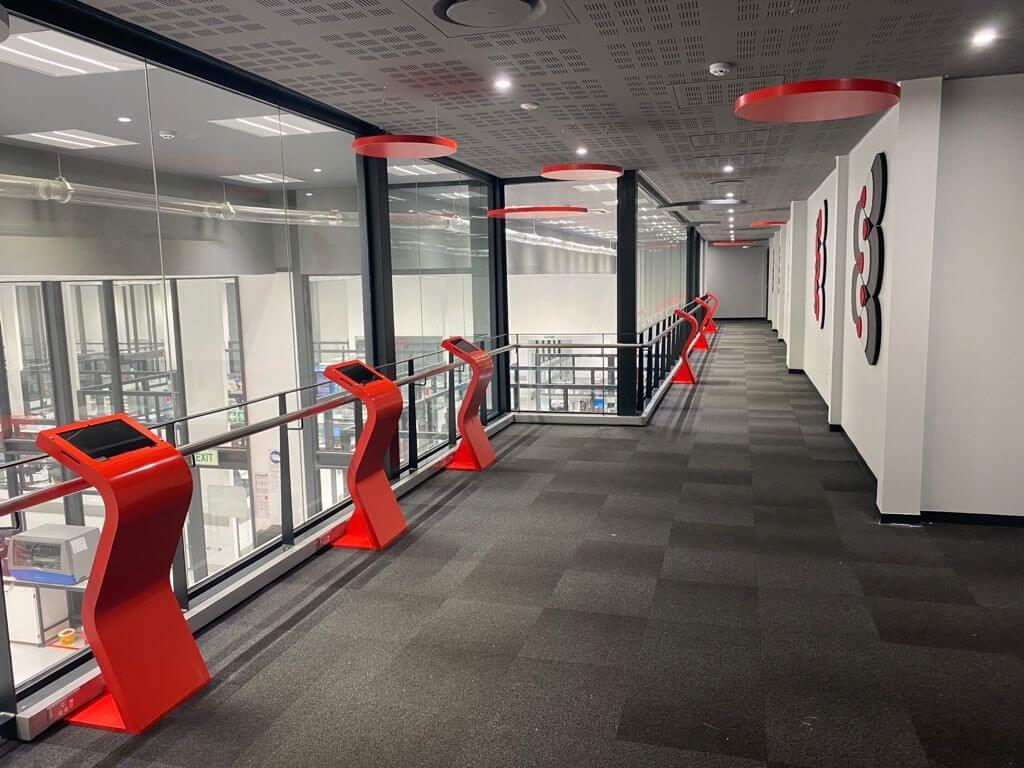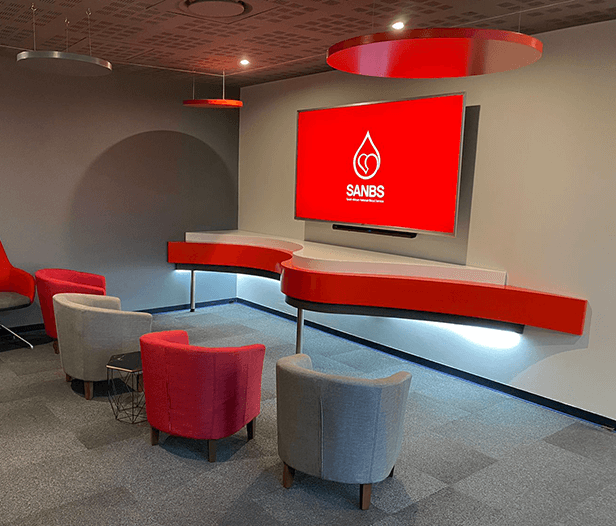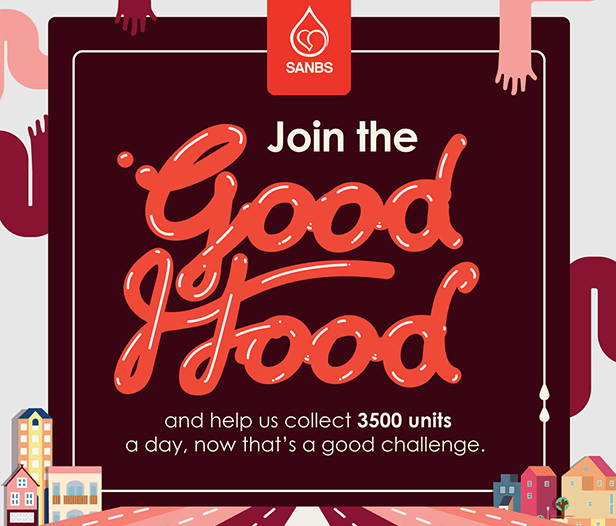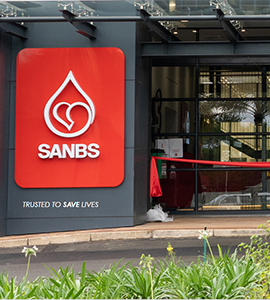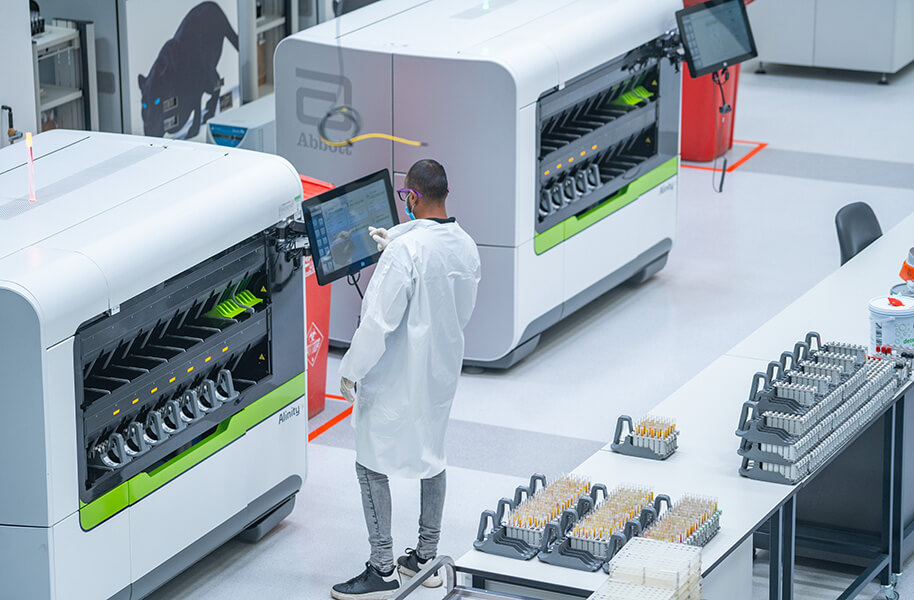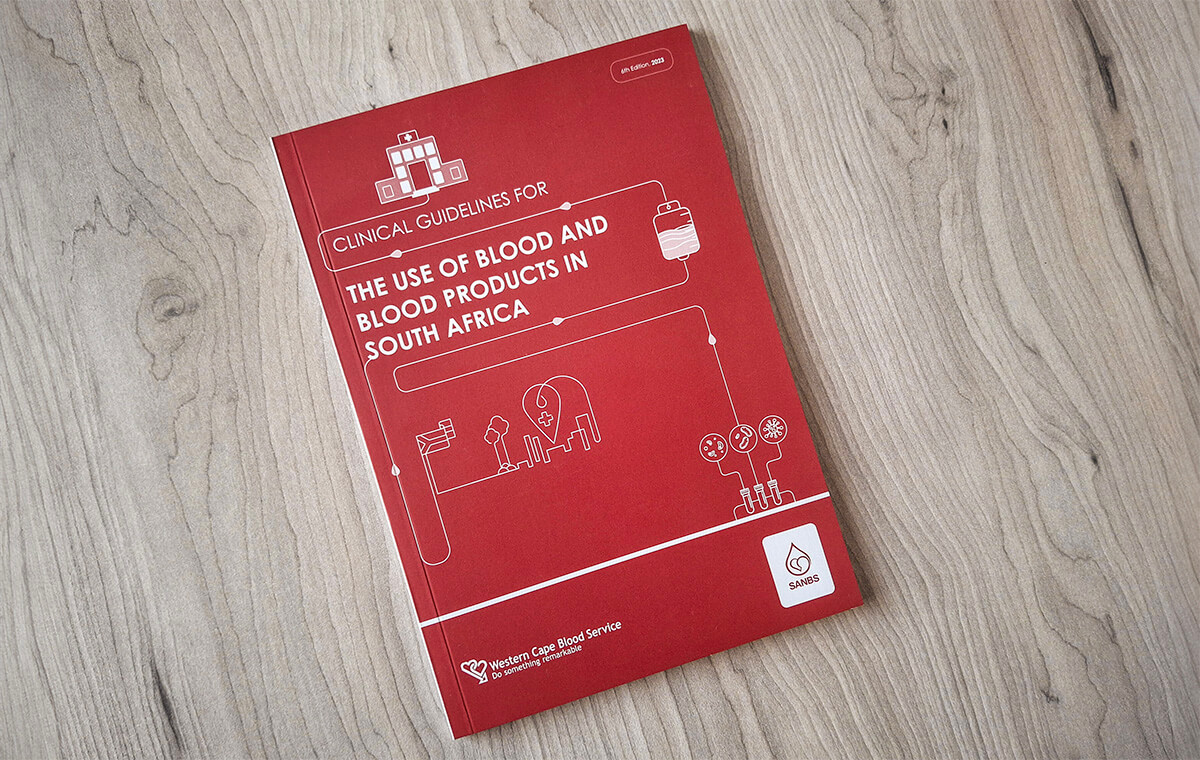Home
Who Can Donate Blood?
Universal access to safe blood is the lifeline for the healthcare system of any nation. As South Africans, we can all be proud of our dedicated and selfless voluntary donors who regularly donate blood to save the lives of thousands of our people every year.
Minimum Requirements to be a Blood Donor
- You are between 16 and 75 years old, for first-time donors
- You weigh at least 50kg (55kg to donate platelets)
- You are in good health
- You lead a low-risk lifestyle
- You consider your blood safe for transfusion
- You have had a meal less than four hours before donating blood
- You have not donated whole blood within the last 56 days (or platelets or plasma in the last 14 days)
- Your pulse is between 60-100 beats per minute
- Your blood pressure is between 100-180 systolic (first number) and between 60-100 diastolic (second number)
- Your haemoglobin level is 12.0 g/dl or above for females and 13.0 g/dl or above for males

Behaviour That Makes You a High-Risk Potential Blood Donor
Having sex with, or being a sex worker/escort
Having sex with anyone taking money, goods, or favours in exchange for sex
Having multiple sexual partners
Having sex with someone who has multiple sexual partners
Injecting yourself with drugs, or being injected by someone other than your doctor or health care worker
Please Don’t Donate Blood If
You are HIV positive
You may have been exposed to HIV/AIDS or if you are donating blood just to be tested for HIV/AIDS
You are being treated for a sexually transmitted infection/disease (STI/STD)
Who Needs Blood?
Persons such as:
Women who bleed due to pregnancy, childbirth, or other gynaecological complications
Premature babies, children or adults with very low iron levels (anaemia)
Cancer patients
Accident victims with serious injuries
What is a Blood Type?
Each person belongs to one of four blood groups: A, B, AB, or O. This blood group system is called the ABO group.We are also classified as either Rhesus (Rh) positive or Rhesus (Rh) negative, so there are eight main blood groups. This blood group system is called the Rhesus group.
More than 20 genetically determined blood group systems exist, but the AB0 and Rh blood group systems are the most important ones used for blood transfusions.
The differences in human blood are due to the presence or absence of certain protein molecules called antigens and antibodies. Antigens are located on the surface of red blood cells and antibodies are found in the plasma. We all have different types and combinations of these molecules.
The blood group you belong to is inherited from your parents.
Why Does My Blood Group Matter?
Not all blood groups are compatible. The success of modern blood transfusion depends on classifying and matching donor blood groups and patients correctly.
Different blood groups are required to ensure sufficient blood supply for all patients in need.
Group O blood is called the universal blood type, as it can be transfused to patients of any blood group.
Rhesus-negative people must ideally receive Rhesus-negative blood. However, in cases of blood shortage priority for Rhesus-negative blood is given to women of childbearing age. Where Can I Donate Blood
Different blood groups are required to ensure sufficient blood supply for all patients in need.
Group O blood is called the universal blood type, as it can be transfused to patients of any blood group.
Rhesus-negative people must ideally receive Rhesus-negative blood. However, in cases of blood shortage priority for Rhesus-negative blood is given to women of childbearing age. Where Can I Donate Blood
Organise a blood drive!
Help SANBS recruit new blood donors by organising a blood drive in your community,
office, school, college, church, or residential complex.
